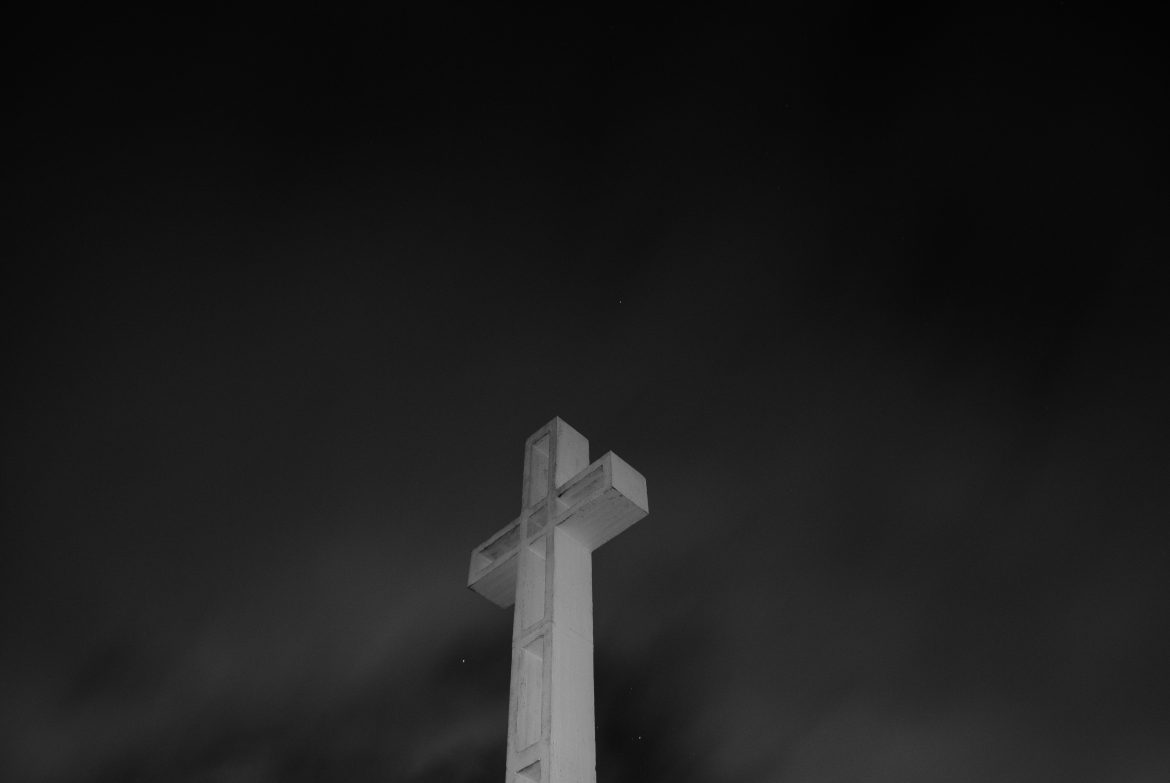Washington Kurdish Institute
By: Ari Goldman July 26
The country of Iraq at one point had a thriving Christian community. This is no longer the case. During most of the era of Saddam Hussein, Iraqi identity was based on Arab nationalism which did not on a fundamental level put Christians in danger, but much of that changed with the Faith Campaign in which Saddam attempted to Islamize the country based on the Sunni tradition. Though this occurred in the early 1990’s, it can be argued that many of the effects are felt today. Between Baathist control favoring Sunnis, an anti-American insurgency ripe with religious overtones and the Iraq’s Administration since 2003 drastically favoring religious sectarianism took a violent turn to its peak when the American military left in 2011. Religious violence spread by gangs, mobs, the Islamic State, and Jihadi militias has left the State of peace in tatters for people of the cross in Iraq.
For the Christians, this was a nightmare. Violence in Basra, the southernmost city in Iraq consisted of gruesome murders and kidnappings. Churches and homes were bombed In Baghdad. The violence continued. They then went to north to Mosul by Nineveh Plain, but the violence followed them once again. When Mosul became unbearable, they went north to the ancestral homeland of the Christians of Iraq, the Nineveh Plains. Hoping this would be the last time, Christian Internally Displaced Persons (IDPs) started to settle, but once again, religious violence followed them. A final time, the Christians of Iraq went north and found themselves in the Kurdistan region.
During an interview with the Washington Kurdish Institute (WKI), Loay Mikhael, the Representative of the Christian Chaldean Syriac Assyrian Popular Council to Washington said “The Christians of Iraq, ethnically, they are Chaldeans, Syriac and Assyrians as well. So, we’ve been there before Christianity. We’ve been there before Islam. Before any emergence of other [religious] communities in the area, ” he added, “Christians have been there [iraq] since the founding of Christianity, 2000 years ago”.
A plethora of Christians and other religious minorities find themselves living in any conditions they can manage. For the first time in many years, the Christians have found some calm. “There was never any attack conducted to the Christians in Kurdistan by terror groups or on the governmental level.” Said Mikhael. Though the area offers security, the sheer volume of those seeking refuge has put a massive strain on the local economy making it difficult to provide a high standard of living. Nonetheless, the Kurdish Regional Government (KRG) has hosted Internally Displaced People (IDP)s and Syrian refugees protecting them from violence. There is even designated minority status given to the Christians which gives them a guaranteed delegation in the government.
The KRG reserves five seats in parliament for the Christians, two of which are retained by Mr. Mikhael’s political body. The political representation goes beyond designated seats. Christians in the KRG hold mayorships and high ranking positions in political parties. There are Christian led businesses, and a Christian representative was on the international delegation for the referendum on independence. “Kurdistan became a safe haven because they welcomed us. They opened their doors,” said Mikhael when asked about the Christians’ condition in the Kurdish region.
The support has been widespread across the Christian community in Iraq for an independent Kurdistan. “every person and every community have the right to their self-determination.” says Mikhael as he believes that Christians see a new Kurdish state as a possible safe haven for minorities. “We as Chaldean Syriac Assyrian Popular Council are supportive of this referendum. I will say 80 percent will join this referendum and I’m very optimistic they will say yes to break from Iraq” Mikhael said.
The Kurdish Region has housed and protected Yazidis, Shabaks, Christians and Arab Muslims from around the region giving them a sense of legitimacy. With the recent past ever present, there are of course still reservations on behalf of the Christians. Experience dulls the blade and sharpens the mind. Many Christians hope to take advantage of the calls for federalism by the KRG and carve out their own space in a new Kurdistan. “we are, the people who fled from Nineveh Plain will be willing to join the KRG and be part of the Kurdistan geographically. There should be a special status for the Christians in those areas to rule themselves, to become more independent and to become a province of an autonomous region.”
As the Iraqi security forces completed the liberation of Mosul, the Province is left with destroyed homes and lack of basic services. Mikhael is disappointed with the Iraqi government for lacking a plan to assess and rebuild the area “There is no plan from the Iraqi government until now. The Iraqi government didn’t send any committee from their government to those areas to at least do a survey, to assess what is needed. So, I don’t think there is any preparation on the way for rebuilding,” noted Mikhael.
Mikhael calls the American people to acknowledge the Christians in Iraq: “American people should know there are still Christians in Iraq and the Middle East. Christianity emerged from the Middle East.” He added, “They should be helping the Christians in Iraq, Syria, and Egypt by calling their representatives in [the] senate and house.”
Disclaimer: The views, opinions, and positions expressed by authors and contributers do not necessary reflect those of the WKI.

